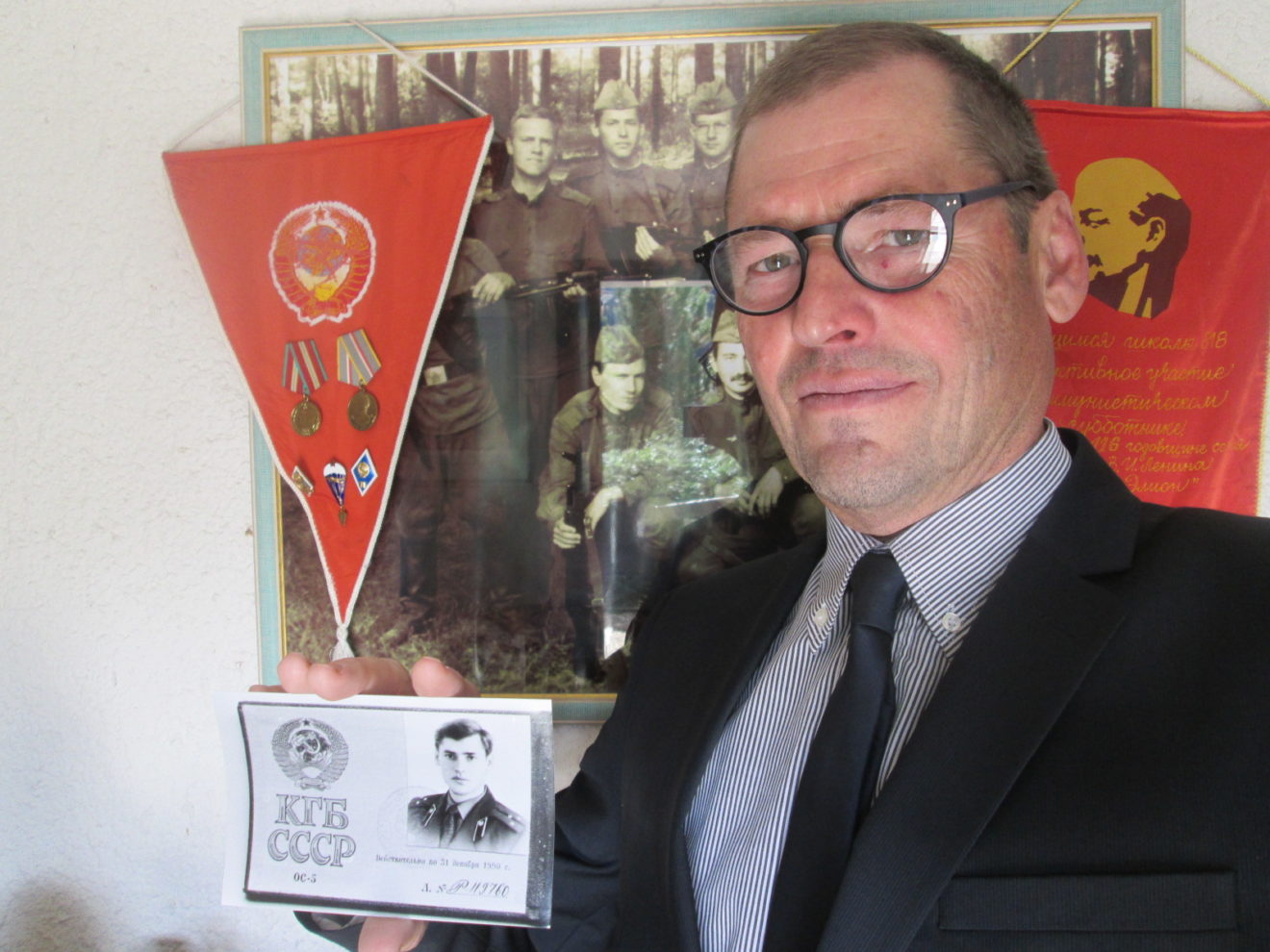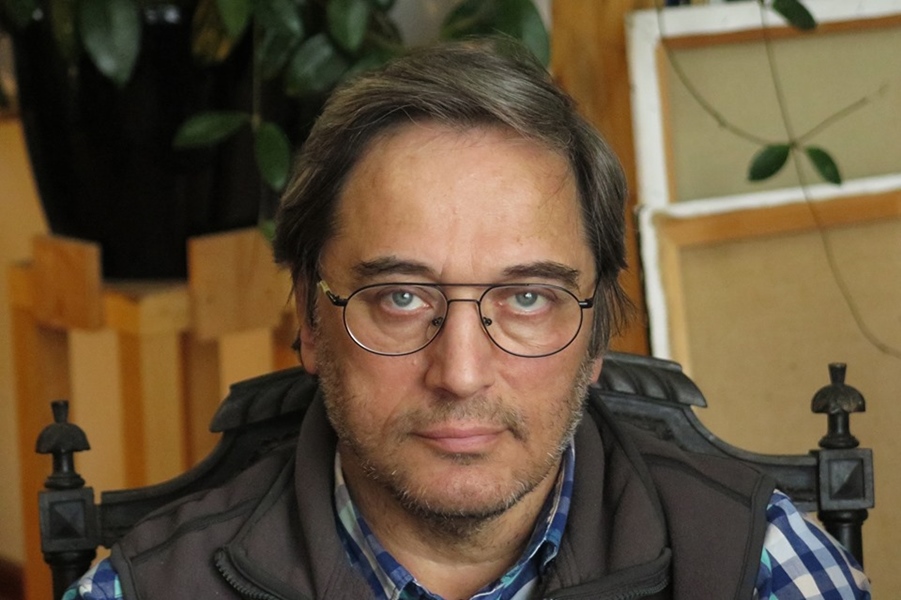Western media have been fixated on a report that Moscow now has 200 case officers working in London alone and handling 500 agents and as many as 75,000 informants and the suggestion by some Russian emigres that half of all their own number serve as Moscow informers.
US-based Russian journalist Kseniya Kirillova spoke with Sergey Zhirnov, a former Soviet KGB illegal who defected and now lives in France, about those contrasting claims and about the current state of Russian intelligence and counter-intelligence operations.
Zhirnov says that he agrees with the original report and that the numbers the emigres are suggesting are too high – or at least do not reflect what is actually going on. Russians who live abroad but who have family and friends in Russia won’t refuse to answer questions by the FSB but that hardly makes them recruited agents in any meaningful sense.
But the former KGB officer’s most interesting comments concern the ways in which Russian intelligence operations are the same or different than they were in the latter years of the Soviet Union. In some ways, the Russian services have become bolder in their use of force, but in the area of political intelligence, not much has changed.
“What has changed is something else,” Zhirnov says. “After the collapse of the USSR, present-day Russia did not develop any clear national ideology beside the single ‘national idea’ according to which all around us are enemies but we are ‘a great power.’ The Soviet Union for all its shortcomings had a universal idea” which attracted some and which the KGB used.
Russia in contrast “has become a fascist country, and therefore it makes friends with all fascists throughout the world. But I do not think that its activity abroad has been that successful. Of course, if people are dissatisfied with what is happening in their country, they may look for some support abroad; and Russia in this sense may represent for them an interest.”
Just like its Soviet predecessor, the Russian intelligence services engage in lobbying and recruitment of those who will push Moscow’s line and in espionage strictly speaking. And again, like its Soviet predecessor, Russia seeks to destabilize its key opponents. What has changed is that now it uses money more often because it lacks an attractive ideological message.
What is especially striking now is that so many intelligence operations abroad are undertaken for “internal use” inside Russia and are taken in such a bold way. The Skripal case is an example of this, Zhirnov says; it was “specially prepared just before” Putin’s re-election; and it was carried out with a dangerous boldness that has led to problems.
Using the size of buildings that the Russian intelligence agencies operate from, he says, is a surrogate for data on their size. Using them, one can say that Moscow has increased its intelligence work approximately two times from what it was in Soviet times. Given that the Russia’s population is half that of the USSR, its spy effort thus has grown “about four times.”
Classic espionage has not only continued but risen in importance. That is because “Putin is a quite specific person; one can even say, a maniac. He doesn’t believe anyone at their word or believe any spoken or printed word. He is capable of believing only secret information.” That means he relies even more heavily on spying than his predecessors.
In addition to discussing how much dissidence there was in Soviet times among intelligence officers, Zhirnov makes another key point about today: “The staff of counter-intelligence in Russia has grown more than has that of the intelligence branch.” It tracks those living abroad – and far more Russians now do – and that is especially for Putin.
“If for the KGB foreign intelligence was the priority, Putin’s priority is internal security which includes work with the diaspora abroad and even more keeping track of Russian dissidents in that diaspora.”
Further Reading:
- More fallout from Ukrainian autocephaly: Russians learn Moscow Orthodox hierarchs were KGB officers
- Moscow diplomats said behind formation of militarized Russian and Cossack groups in US
- Putin has come out a winner in the Skripal Case, Kirillova says
- Putin actively using Cold War Stasi agent network in Germany, Reitschuster says
- Kremlin said organizing secret military units in Germany, other Western countries
- They called him “Yuriy”: the KGB past of the man who advocates restoring Russia at PACE
- Putin’s ‘secret weapon’ against the West – massive illegal cash hordes in foreign countries
- Moscow has complex system to run agents of influence abroad, Khmelnytskyi says
- Russian networks in Bulgaria
- Book details Kremlin’s influence networks in France
- Moscow creating ‘new Comintern’ spy network in Europe, Prague says
- Moscow inserts political operatives into African countries where elections are scheduled





